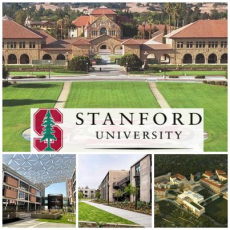Mass Communications
What is Mass Communications?
The field of mass communications includes:
• Advertising
• Corporate and institutional media (producing visual, audio, written, and multimedia materials for training and instruction, internal and external communications, sales, and public relations)
• Electronic media
• Journalism (magazines, newspapers, print, electronic, television, radio, broadcast)
• Production management
• Public relations
• Telecommunications (news or production)
• Visual communications (graphic design, production design, photography, video)

Mass communication plays four roles in society:
• Surveillance: Provides news and information to the public.
• Interpretation: Sets a context for new information and provides commentary about its significance and meaning.
• Socialization: Transmits values within a society, especially in setting models for behavior and attitudes.
• Entertainment: Entertains through film, radio, television, sound recordings, books, and magazines.
Given the role of mass communications, a number of issues can arise, including:
• Freedom of the press and censorship:
• The relationship between the media and the government.
• Media objectivity: including media bias and political leanings.
• The responsibility of media to society Control of mass media, such as having power concentrated in the hands of a few mass media conglomerates.
What Careers Can I Get With a Major in Mass Communication?
• You may apply for a job in broadcast news.
• You may work in public relations. You may apply for a job in the print media.
• You may begin a sales career.
Career Options Available to Those with a Background in Mass Communications
Many career options are available with a degree in mass communications.
• Advertising/Marketing – Account manager, advertising salesperson, designer, graphics and production specialist, Information specialist, marketing communications trainee, media buyer or planner, promotion representative, publicity director
• Business – Account coordinator, business manager, customer service manager, information specialist, research analyst, public relations manager
• Broadcasting and Production – Broadcast technician, director, disc jockey, engineer, film editor, floor manager, lighting director, news director, newscaster, producer, production manager or supervisor, program director, scriptwriter,sound mixer, special effects specialist, station manager, technical director, video graphics artist
• Journalism – Assignment editor, columnist, critic, editor, news analyst, news director, newspaper editor, photojournalist, print coordinator, proof reader, reporter, sports director, videographer, and writer.
• Publishing – Booking agent, literary agent, editor, writer
Public Administration – Community affairs director, event coordinator, program administrator.






















